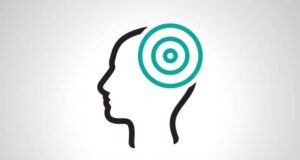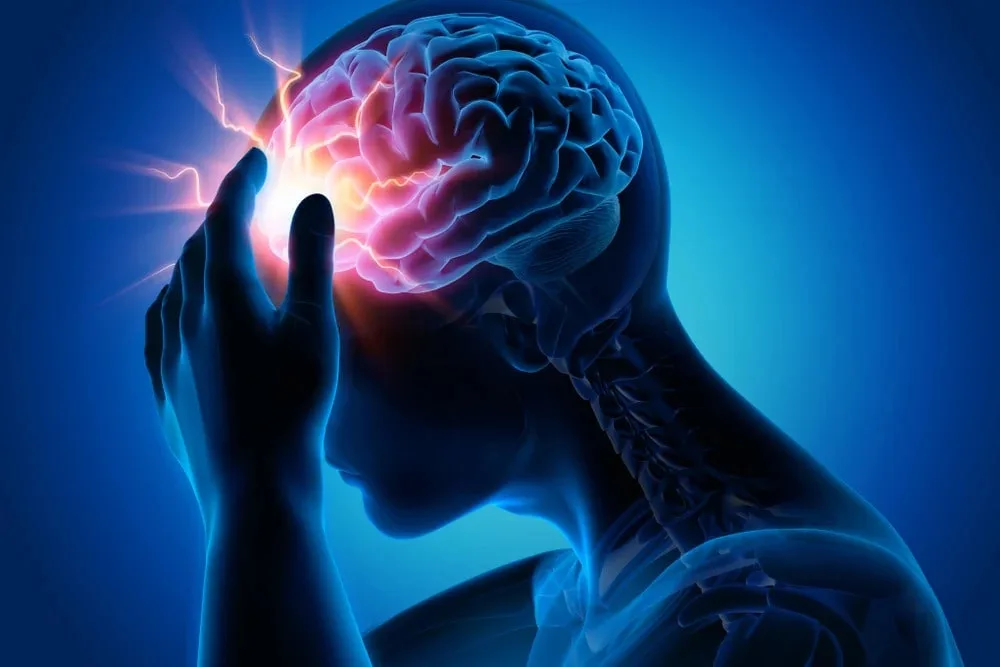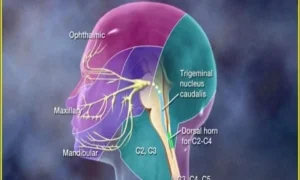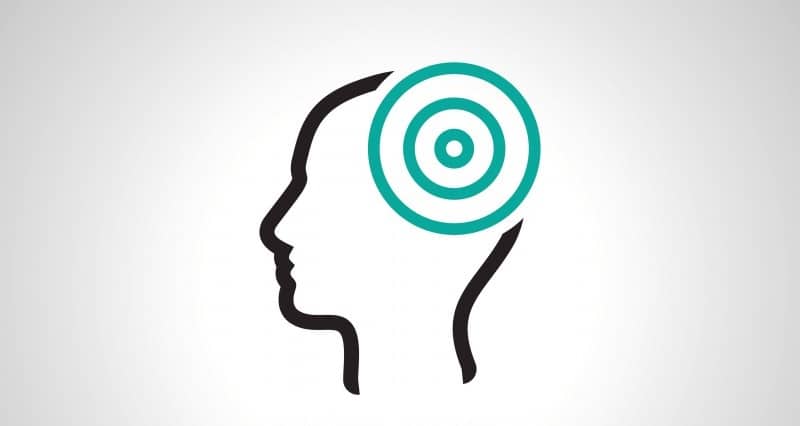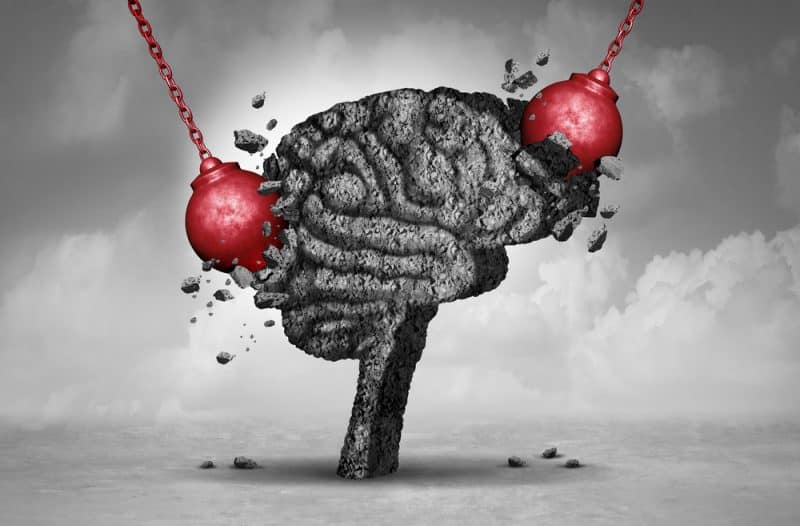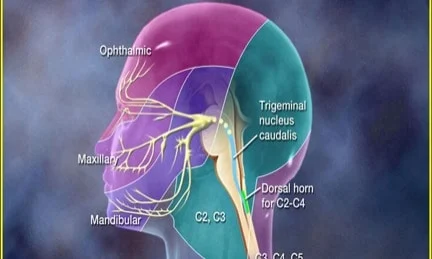Understanding Cluster Headaches
Cluster headaches are among the most painful types of headaches, often described as a hot poker or ice pick being driven into the eye or temple. These excruciating headaches typically occur in cycles or clusters, which can last for weeks or months. They significantly impact the quality of life of those affected due to their intensity and frequency. Cluster headaches are often accompanied by symptoms such as eye redness, tearing, nasal congestion, or forehead sweating on the affected side.
Exploring Botox Injections as a Treatment Option
In recent years, researchers have investigated the potential of Botox injections as a treatment for cluster headaches. Botox, a brand name for a type of botulinum toxin produced by the bacterium *Clostridium botulinum*, can temporarily paralyze muscle activity when injected in small doses. This property makes Botox useful in treating various medical conditions, including chronic pain disorders.
How Botox May Alleviate Cluster Headaches
Botox may help alleviate cluster headache symptoms by blocking the transmission of pain signals from the trigeminal nerve, a major nerve involved in the condition. The trigeminal nerve transmits sensations from the face and scalp and plays a crucial role in the development of cluster headaches. By inhibiting these pain signals, Botox injections can potentially reduce the frequency and severity of headache attacks.
Mechanism of Action
The precise mechanism through which Botox alleviates cluster headaches is not fully understood. However, it is believed that Botox works by:
- Inhibiting Neurotransmitter Release: Botox blocks the release of certain neurotransmitters, such as acetylcholine, which are involved in pain transmission.
- Reducing Muscle Contractions: By paralyzing specific muscles, Botox can reduce muscle contractions that might contribute to headache pain.
- Decreasing Inflammation: Botox may have anti-inflammatory properties that help reduce inflammation around the trigeminal nerve.
Research Findings on Botox for Cluster Headaches
Several studies have shown promising results regarding the efficacy of Botox injections for cluster headaches:
- Journal of Headache and Pain: In a randomized, double-blind, placebo-controlled trial, researchers found that Botox injections were significantly more effective than placebo in reducing the frequency and severity of cluster headaches. The study involved 27 patients with chronic cluster headaches who received either Botox or placebo injections for two consecutive headache cycles. The Botox group experienced a significant reduction in the number of weekly headache attacks and their severity.
- Cephalalgia: Another study published in the National Library of Medicine involved 21 patients with chronic cluster headaches who received Botox injections every three months for one year. The researchers observed a significant reduction in the duration and intensity of headaches and decreased use of abortive medications among the participants.
Who is a Good Candidate for Botox Injections?
Botox injections may be suitable for patients who:
- Have chronic cluster headaches that do not respond to other treatments.
- Experience significant side effects from traditional medications.
- Seek a non-pharmaceutical approach to managing their headaches.
Before starting Botox treatment, it is crucial to undergo a thorough evaluation by a healthcare professional to determine if you are a good candidate and to discuss any potential risks and benefits.
Alternative Treatments for Cluster Headaches
In addition to Botox injections, several other treatments may be effective for managing cluster headaches:
- Oxygen therapy: Breathing pure oxygen through a mask can provide rapid pain relief within 15 minutes. This treatment is effective for many individuals and can be used during an acute attack.
- Triptans: Commonly used for migraines, these medications can also be effective for cluster headaches. Triptans can be administered via injection, nasal spray, or oral tablets.
- Corticosteroids: These anti-inflammatory drugs help reduce inflammation and alleviate pain in the affected area. They are often used as a short-term preventive measure during a cluster period.
- Verapamil: A calcium channel blocker, verapamil can help prevent cluster headaches from occurring. It is often considered the first-line preventive treatment for cluster headaches.
- Melatonin: This hormone can regulate sleep patterns and may prevent cluster headaches during sleep. It is particularly useful for individuals with nighttime attacks.
- Nerve blocks: Involving the use of a local anesthetic, nerve blocks can numb the nerves associated with the headache, providing pain relief. These injections are often used for severe, refractory cases.
Lifestyle and Home Remedies
In addition to medical treatments, lifestyle changes and home remedies can play a role in managing cluster headaches:
- Regular Sleep Schedule: Maintaining a consistent sleep schedule can help reduce the occurrence of cluster headaches.
- Hydration: Staying well-hydrated is essential for overall health and can help prevent headache triggers.
- Avoiding Triggers: Identifying and avoiding personal headache triggers, such as alcohol, smoking, and certain foods, can reduce the frequency of attacks.
- Stress Management: Techniques such as yoga, meditation, and deep breathing exercises can help manage stress, which may be a trigger for some individuals.
Conclusion
Botox injections represent a promising treatment option for people suffering from cluster headaches. However, it is essential to discuss the risks and benefits with your doctor to determine if this therapy is suitable for you.
In addition to Botox, other treatments like oxygen therapy, triptans, corticosteroids, verapamil, melatonin, and nerve blocks may also provide relief and improve your quality of life.
By combining medical treatments with lifestyle changes and home remedies, individuals with cluster headaches can develop a comprehensive approach to managing their condition and reducing the impact of these debilitating headaches on their daily lives.





